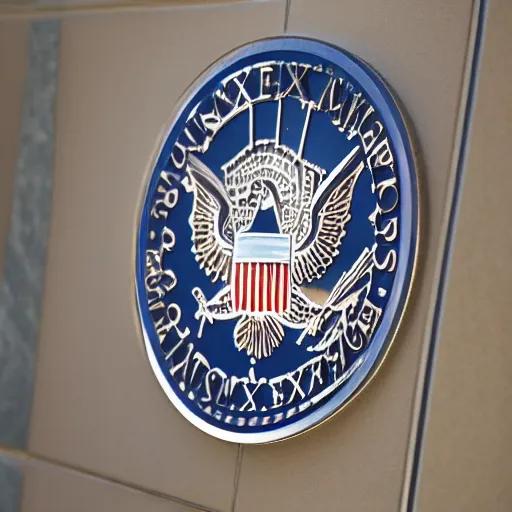The U.S. Securities and Exchange Commission (SEC) has filed charges against two now-defunct cryptocurrency companies and their executives for allegedly operating a pump-and-dump scam using a token called “Dignity” (DIG) that involved a $36.8 million loss between 2017 and 2019.
The Bermudan business Arbitrade Ltd., the Canadian company Cryptobontix Inc., and their founders Troy R. J. Hogg, James L. Goldberg, and Stephen L. Braverman are all mentioned in the SEC filing. Additionally listed as a relief defendant was Max W. Barber, a purported worldwide gold trader and the creator of SION Trading FZE.
According to the case’s specifics, the defendants released press releases that were erroneously reported to indicate that Arbitrade had bought and received title to $10 billion in gold bullion. The statements also stated that an accounting firm had audited the gold acquisition to confirm its existence.
The companies continued to use these claims to entice investors, the majority of whom were Americans. Under the pretence that each DIG token was backed by $1 worth of gold, they offered DIG tokens valued over $36.8 million at high prices.
The SEC has thus far discovered that the Russian developers who built the Ethereum-based DIG coins only intended to cheat investors. David Staubitz and Crystal Ivory of the Miami Regional Office carried out the investigation under the direction of Chedly C. Dumornay, Fernando Torres, and Glenn S. Gordon.
Alice Sum and Teresa Verges are in charge of the SEC’s litigation, which accuses the defendants of breaking both the Securities Act of 1933 and the Securities Exchange Act of 1934.
The watchdog is requesting further civil money penalties in addition to the return of all earnings made during the alleged fraud. Additionally, the commission wants to prevent the four individuals from serving as officers and directors.
The SEC is continuing to go after crypto scammers from the ICO era.
The SEC has busted numerous crypto-related offences perpetrated during the initial coin offering (ICO) era between 2017 and 2018, and this case is only the most recent. The prominent crypto influencer Ian Balina was recently charged and exonerated by the securities authority for his participation in the fraudulent Sparkster (SPRK) ICO, which garnered over $30 million from investors.
The SEC views the majority of crypto projects from that time period as securities and is therefore subjecting them to the necessary restrictions. The study also mentions the SEC’s efforts to become the leading cryptocurrency regulator, a move that has many in the sector unenthusiastic.




